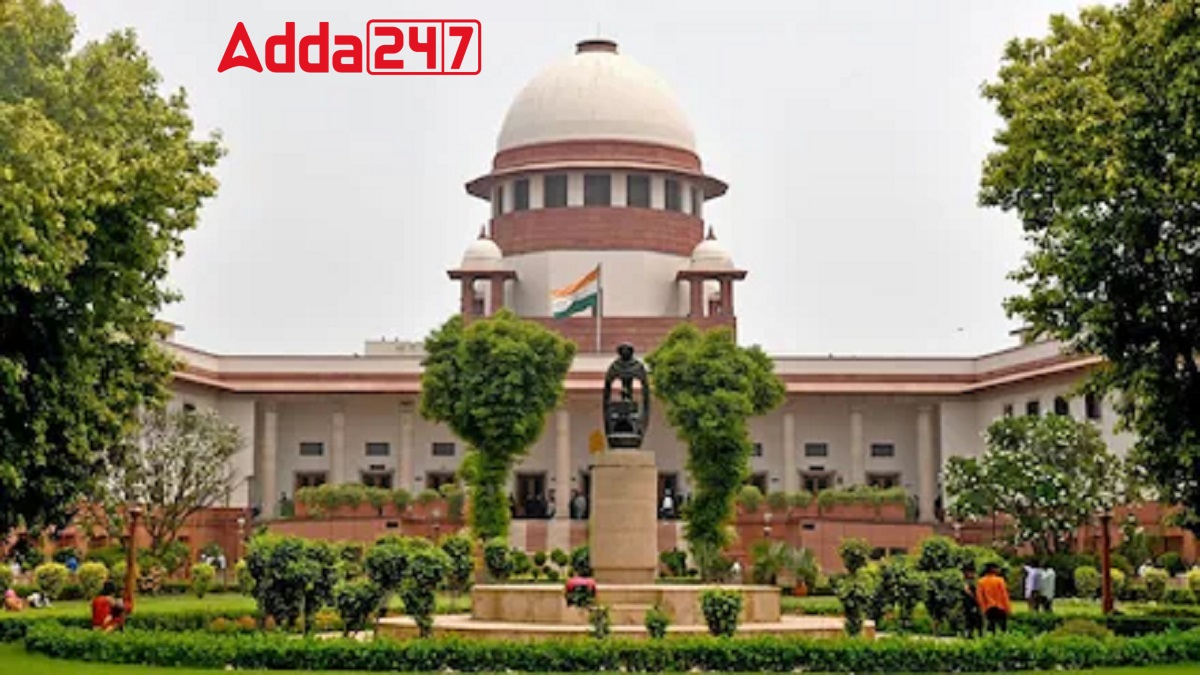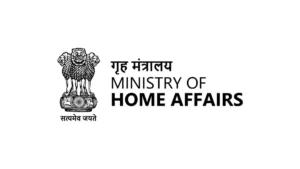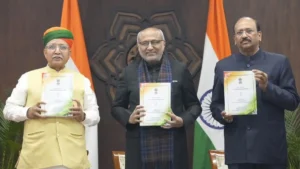In a significant ruling, the Supreme Court on October 17 upheld the constitutional validity of Section 6A of the Citizenship Act, 1955, with a 4-1 majority, affirming the Assam Accord. The bench, led by Chief Justice DY Chandrachud, deemed the provision constitutional, recognizing its role in addressing illegal immigration from Bangladesh into Assam. Justice JB Pardiwala dissented, calling Section 6A unconstitutional.
Assam Accord and Section 6A
Section 6A, introduced in 1985 following the Assam Accord, grants citizenship to those who entered Assam before January 1, 1966, and allows others who arrived by March 24, 1971, to register after a 10-year waiting period. Those who entered after this cut-off are subject to detection and deportation.
Majority Verdict vs Dissent
Chief Justice Chandrachud, along with Justices Surya Kant, MM Sundresh, and Manoj Misra, upheld the legislative competence of Parliament, recognizing the Accord as a political solution to the issue of illegal immigration. Justice Pardiwala, in dissent, argued that Section 6A violated Article 29(1), citing concerns over the ethnic composition of the region.
Impact and Challenges
The ruling emphasizes stricter enforcement of immigration laws, with judicial oversight, addressing long-standing demographic concerns. The petitioners had contended that Assam’s separate cut-off date for citizenship was discriminatory and arbitrary, a concern that the ruling did not fully alleviate.
Key Highlights: Supreme Court Ruling on Section 6A of the Citizenship Act
| Key Highlights | Details |
|---|---|
| Date of Ruling | – October 17, 2024. |
| Outcome | – Section 6A upheld as constitutional by a 4-1 majority. |
| Case Concern | – Constitutional validity of Section 6A, relating to illegal immigration in Assam. |
| Section 6A and Assam Accord | – Introduced in 1985 after the Assam Accord. Grants citizenship to those who entered Assam before January 1, 1966. – Others entering by March 24, 1971, can register after a 10-year waiting period. – Those entering after the cut-off face detection and deportation. |
| Majority Opinion | – Chief Justice DY Chandrachud and Justices Surya Kant, MM Sundresh, and Manoj Misra upheld Parliament’s legislative competence. – Recognized the Assam Accord as a political solution for illegal immigration. |
| Dissenting Opinion | – Justice JB Pardiwala dissented, calling Section 6A unconstitutional. – Argued it violated Article 29(1) concerning protection of cultural and ethnic identities. |
| Impact of Ruling | – Emphasizes stricter enforcement of immigration laws in Assam. – Judicial oversight on illegal immigration issues. – Concerns about demographic changes in Assam remain unresolved. |




 Big Change at Rashtrapati Bhavan! Lutyen...
Big Change at Rashtrapati Bhavan! Lutyen...
 India Launches ‘Prahaar’: New National C...
India Launches ‘Prahaar’: New National C...
 Vice-President Launches Tamil & Guja...
Vice-President Launches Tamil & Guja...








